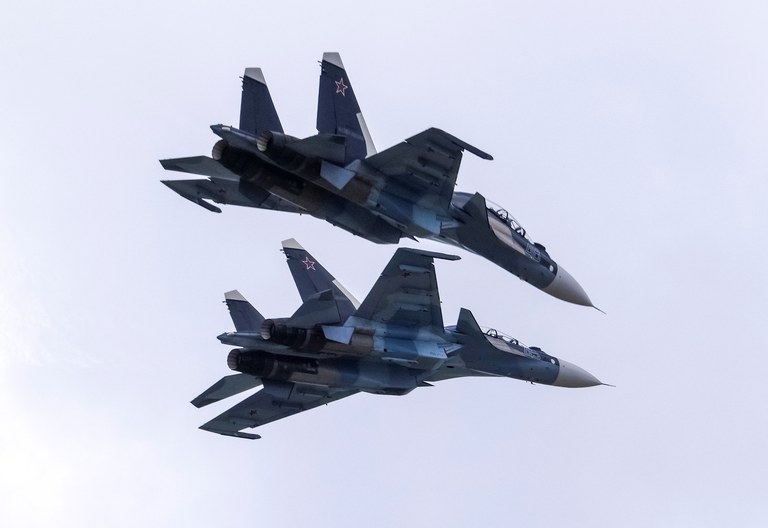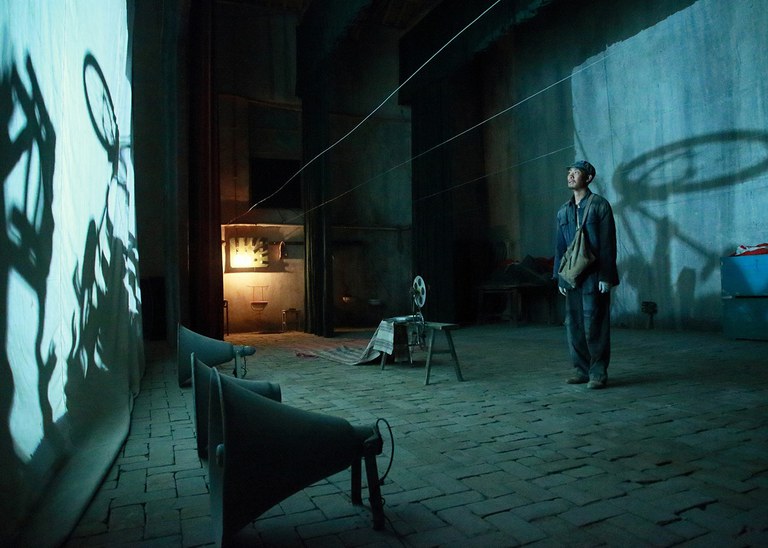Junta cuts phone and internet connections in Magway amid fierce fighting
Junta forces cut phone and internet access in Myanmar’s Magway region on Monday at the start of a scorched-earth operation that is still raging. Residents of Gangaw and Tilin townships said they believed their telecoms were cut off because of strong resistance by local People’s Defense Forces (PDFs) against junta troops. The People’s Administration Organization of nearby Saw township said that the cutting of internet and phone lines meant junta troops would soon raid local villages. “There is a news blackout in Tilin and Gangaw. We heard there were some attacks in the area but we don’t know exactly where they are happening because we don’t have phone connections. Normally, if the phone and internet lines are cut, it means they’ll be attacking the villages. Villages will be destroyed and burned so we have to be alert when the lines are cut. The movements of the revolutionary forces [PDFs] will also be seriously affected.” Locals said the military launched airstrikes on Tuesday and Wednesday near Zibya village and Shounshi village in Gangaw township. A resident of Myin Thar Village in Gangaw, who did not want to be named for security reasons, said he was very worried for his family. “I’ve been calling [my] village for four days now and I can’t get through. The internet and phone lines have been cut, and I’ve heard that they’ve been bombed by military aircraft. I don’t have all the information yet. I just heard that villages west of Gangaw and Hakha Road have been bombed but I can’t get any specific information because the phone lines have been cut.” A resident of Gangaw’s Sanmyo village, who is now in Chin state and also declined to be named, said he had heard reports the junta’s aircraft had attacked some villages but he did not know the exact facts. “Both the phone and lines have been completely cut off on our side. We have heard reports of bombings by fighter jets,” said the resident who added that the city has been hit as hard as the villages. “The entire Gangaw area has been completely shut down and we can’t reach anywhere.” A woman from Tilin, who also wanted to remain anonymous, said while lines were down some people managed to get a signal. “We could make some calls for the western side of our village so we had to go there to contact our relatives. But we can’t reach people in Gangaw,” she said, adding that villagers are concerned they won’t be warned in advance about attacks by aircraft and ground troops because lines have been cut. The woman eventually travelled two miles to the Magway-Chin border, where she was able to use her phone and the internet to gather information. Covering up junta war crimes The Human Rights Minister of the shadow National Unity Government, Aung Myo Min, said the military cut the internet and phone lines so as not to leave any evidence of the war crimes.“These cuts by the military council are to block the flow of information especially about their brutality, and war crimes committed by them on the ground and to cut off humanitarian aid,” he said. “Because when the news of their actions comes to light, it will definitely be used as evidence to international tribunals. Cutting off information has become a military strategy. It is obvious they do not want to leave any evidence that can be used when legal action is taken.” RFA called military spokesman Maj. Gen. Zaw Min Tun, director-general Myo Swe of the Department of Communications at the Ministry of Transport and Communications, and the spokesman at the Magway Regional Government Office, but there was no response from any of them. Junta’s history of telecoms blackouts According to the General Administration Department, there are more than 200 villages in Gangaw and Tilin townships in Magway. More than 180,000 residents living in these townships are now losing their right to information due to the interruption of internet and phone lines. The military cut off all phone lines and the internet for the entire day of the coup on Feb. 1, last year. The internet was completely cut off on Feb. 6 and 7, 2021, only to be restored on Feb. 8. The military also cut off the internet in some townships and slowed it in others when the military launched attacks on armed PDFs in Magway, Sagaing and Mandalay regions and Chin and Kachin states. Translated by Khin Maung Nyane for RFA Burmese.






